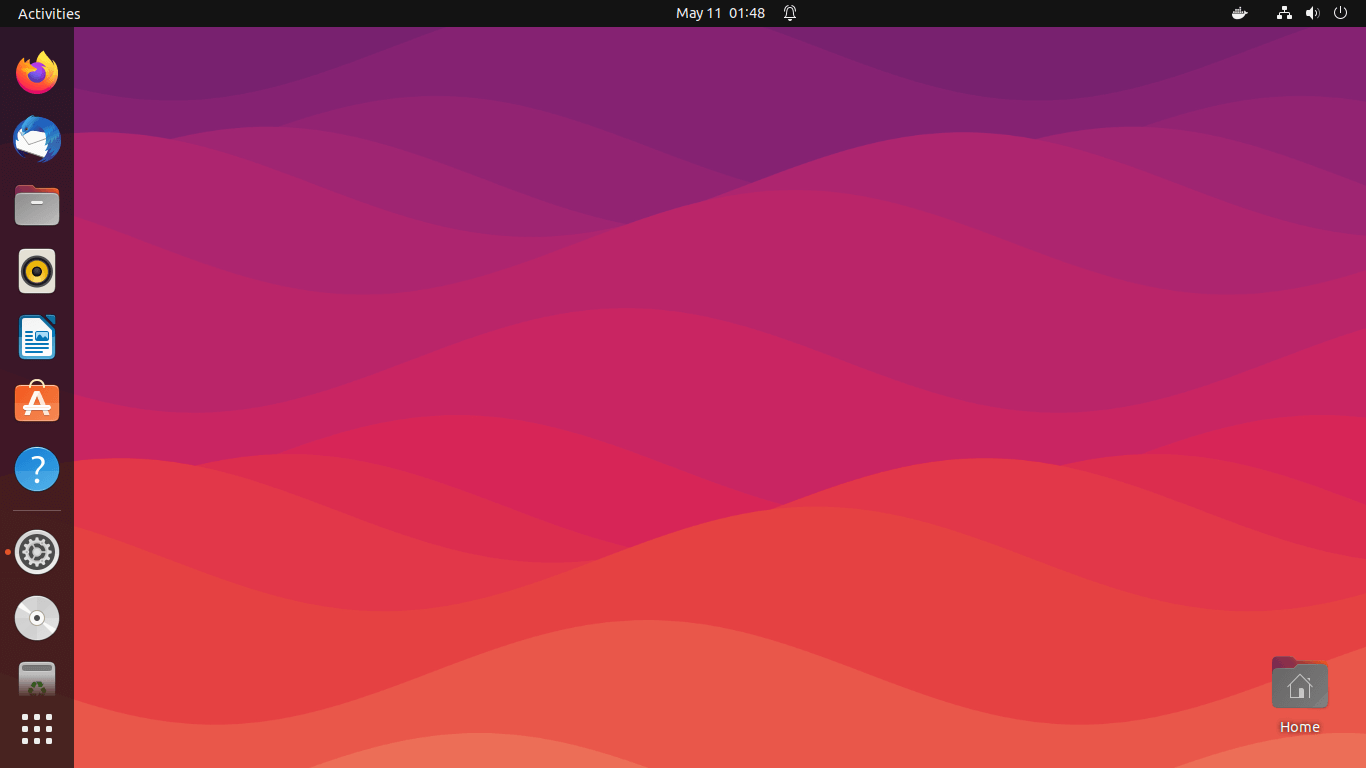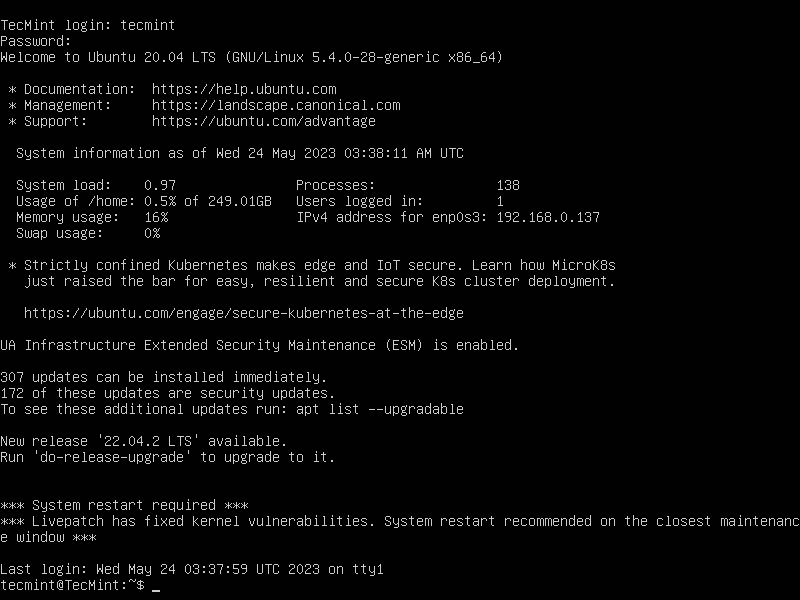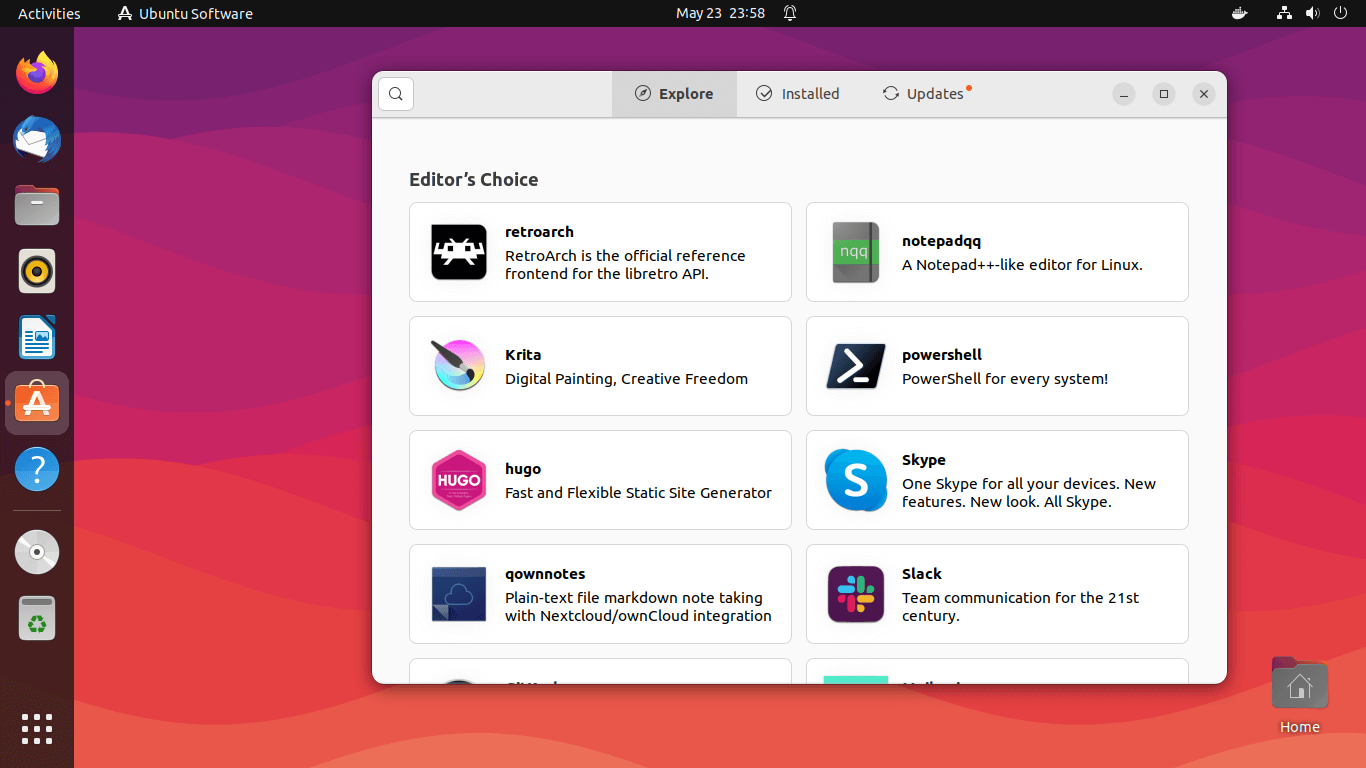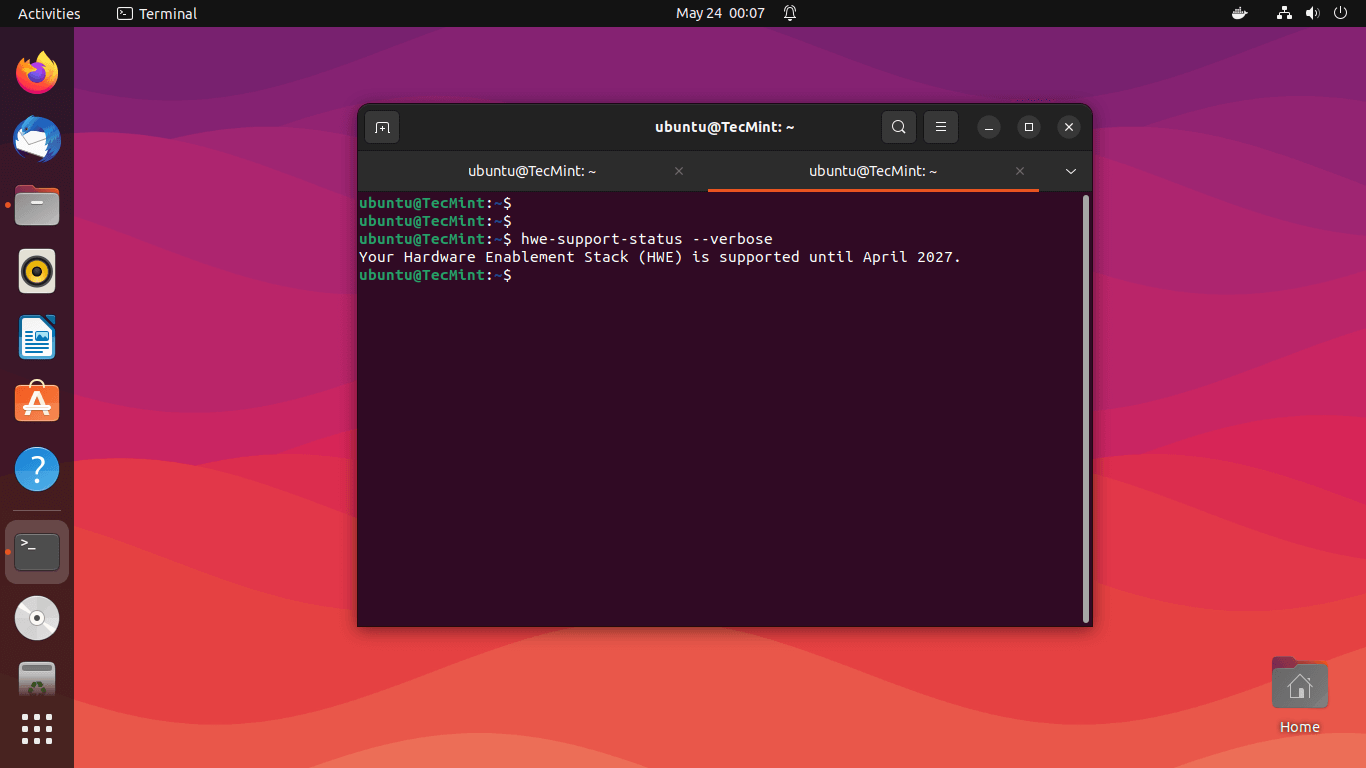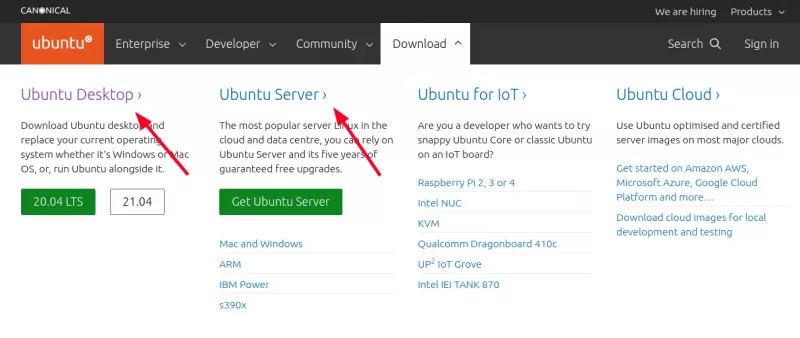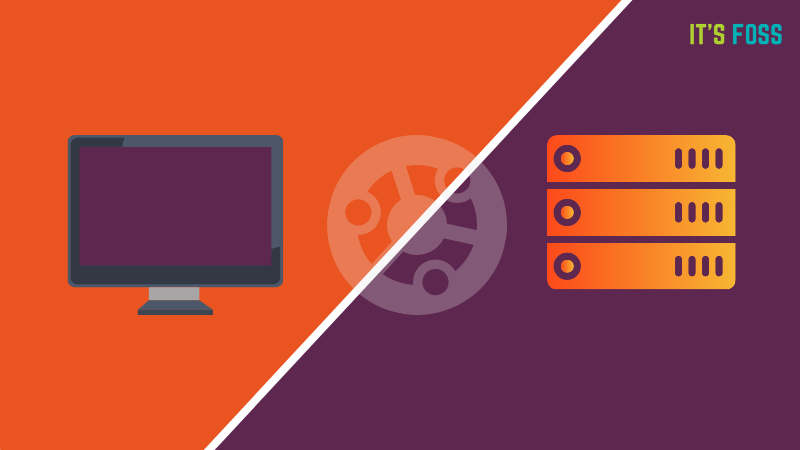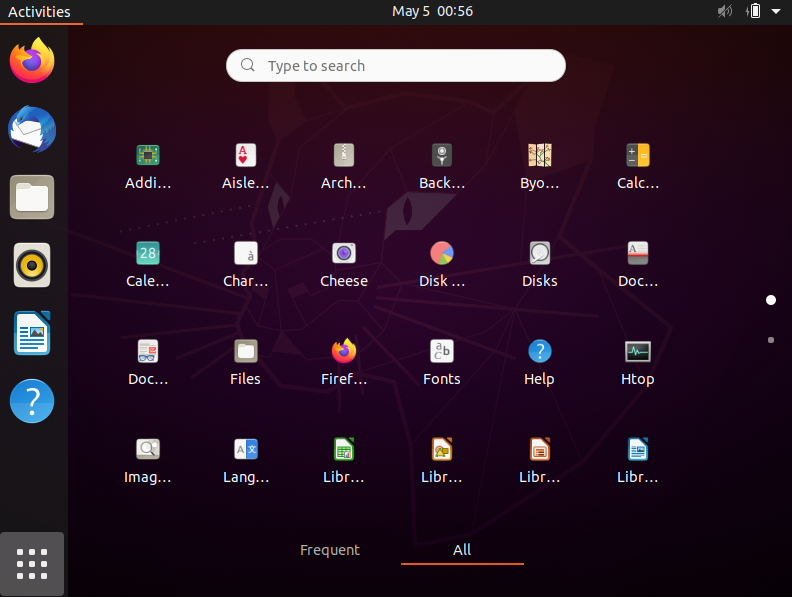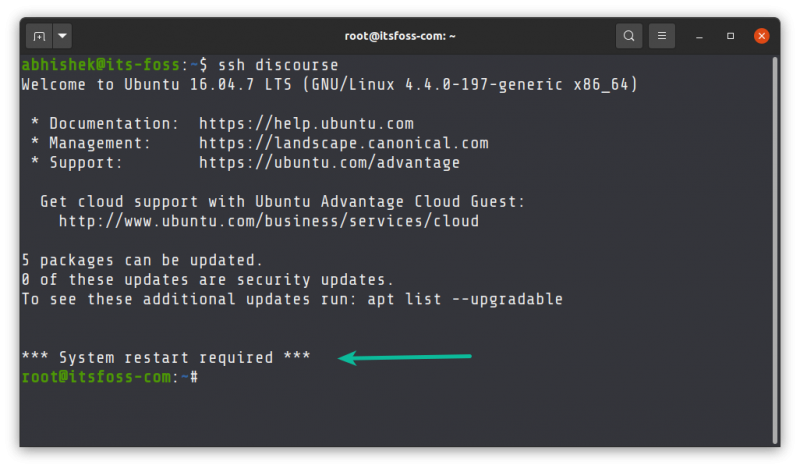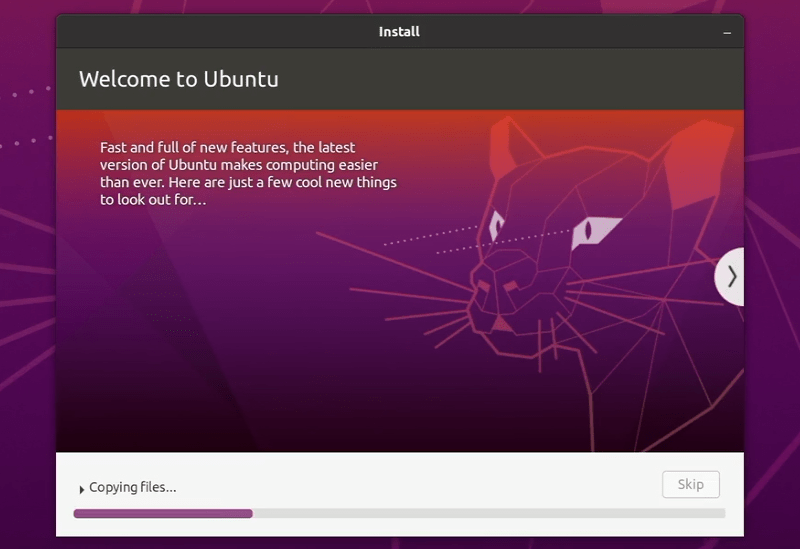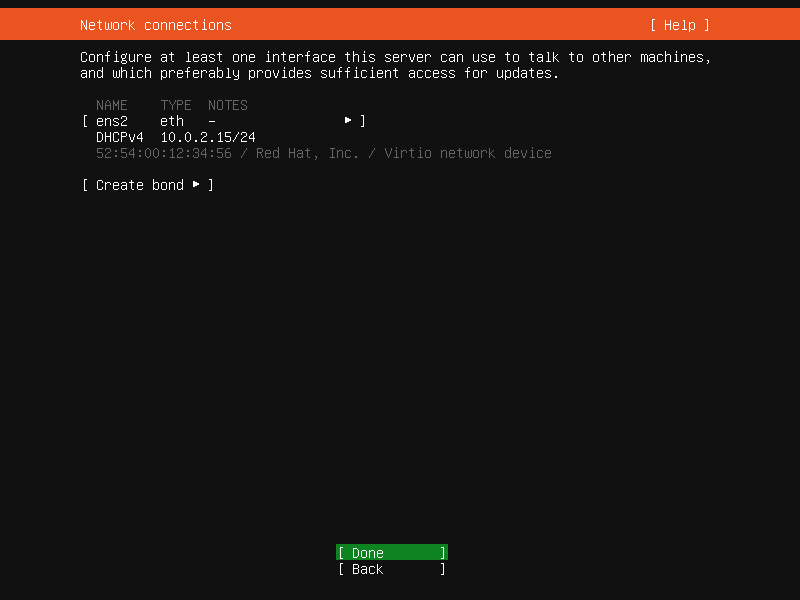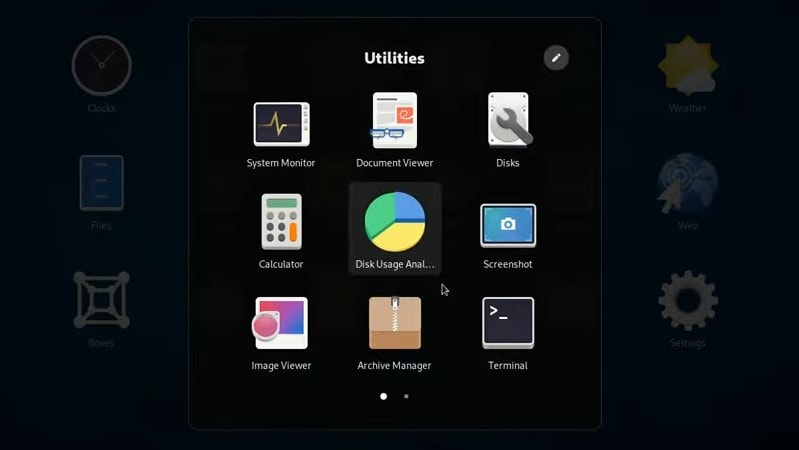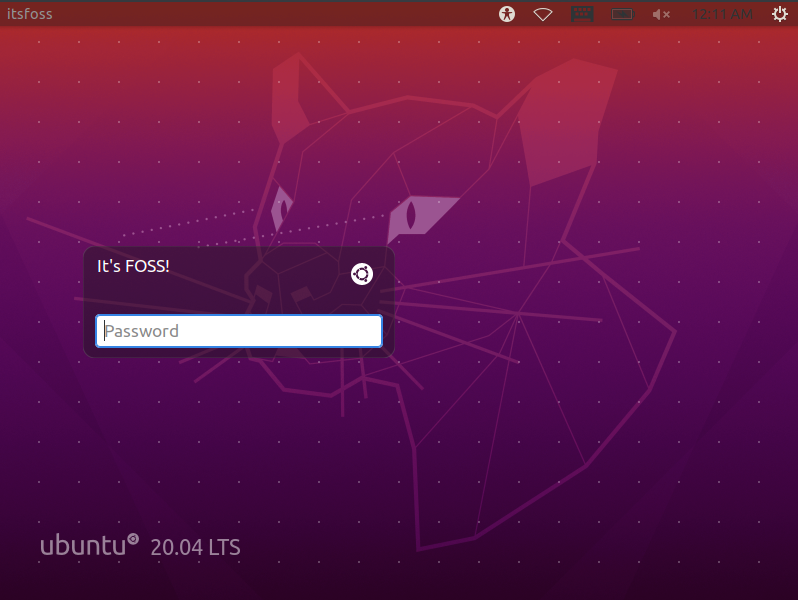- Ubuntu Desktop vs Ubuntu Server: What’s the Difference?
- Differences Between Ubuntu Desktop and Ubuntu Server
- Ubuntu Graphical User Interface (GUI)
- Ubuntu Memory Footprint
- Ubuntu Pre-Installed Software
- Ubuntu Resource Utilization/Performance
- Ubuntu System Requirements
- Ubuntu Server
- Ubuntu Desktop
- Similarities Between Ubuntu Desktop and Ubuntu Server
- Ubuntu Maintainer
- Ubuntu Software Repositories
- Ubuntu Package Management
- Ubuntu Kernel Build
- Ubuntu Support
- When Should You Use Ubuntu Desktop and Ubuntu Server?
- Ubuntu Server vs Desktop: What’s the Difference?
- Ubuntu desktop vs Ubuntu server
- Desktop
- Server
- The user interface
- Installation
- Applications
- Hardware requirement
- Usage
- Should you use Ubuntu desktop for server or install GUI on server?
Ubuntu Desktop vs Ubuntu Server: What’s the Difference?
Ubuntu is one of the most widely used and popular Linux distributions, that comes in multiple editions including Ubuntu Desktop, Ubuntu Server, and Ubuntu Core to mention a few.
Ubuntu Desktop is a perfect choice for novices or users who are getting started out with Linux owing to its neat and intuitive user interface and default apps to help users get started.
Ubuntu Server is built for server environments, which is a lightweight and minimalistic version that is stripped off of any GUI applications and elements to enhance the speed and performance of running production-grade applications. It can serve as a web server, file server, development server, and DNS server to mention a few use cases.
In this guide, we will review some differences and similarities between these two Ubuntu editions.
Differences Between Ubuntu Desktop and Ubuntu Server
In this section, we are going to explore the differences between Ubuntu Desktop and Ubuntu Server based on the following parameters:
Ubuntu Graphical User Interface (GUI)
One parameter distinguishing Ubuntu Desktop from the Server is the presence of a Graphical User Interface, which provides a desktop environment out of the box. Unity has been the default environment for the longest until the introduction of Ubuntu 18.04 (Bionic Beaver) which was the first Ubuntu desktop edition to feature GNOME desktop.
The GUI allows users to interact with the operating system using Windows, widgets, menus, icons, and other graphical elements. It’s more intuitive, especially for beginners and users who are not adept at the (CLI) command line interface.
The administration of the Ubuntu desktop is pretty straightforward since the interaction is via the graphical interface. In addition, you can install remote software tools such as TeamViewer, AnyDesk, and VNC Viewer to remotely connect to your system.
On the other hand, Ubuntu Server provides minimal installation and lacks a graphical interface. Administration of the server is mostly via CLI through SSH protocol. However, you can install web-based server-management tools such as Cockpit, Webmin, and Ajenti that will allow you to remotely administer your server on a browser.
Ubuntu Memory Footprint
Ubuntu Desktop ISO image is quite big (4.6GB for Ubuntu 22.04) given the sheer number of software packages, libraries, and utilities that it bundles with by default. Therefore, ensure you have ample disk space when downloading the desktop version.
Ubuntu Server has a relatively small memory footprint (1.8GB for Ubuntu 22.04) for obvious reasons. It packs fewer software packages and utilities compared to the desktop edition.
Ubuntu Pre-Installed Software
Another major difference between Ubuntu Desktop and Ubuntu Server is in the number of pre-installed software applications.
Ubuntu Desktop ships with a vast array of pre-installed applications in almost every domain. Some of the applications you get out of the box include:
- Firefox Web browser
- LibreOffice suite
- Nautilus File Manager
- Thunderbird Email Client
- Screenshot Tool
- Multimedia app for watching videos, and playing mp3 files.
- Basic apps such as Calculator, Calendar, weather app, etc.
The Ubuntu Server is a stripped-down version of Ubuntu Desktop and only provides a handful of pre-loaded applications and software stacks that you can choose to install during installation, which includes:
- OpenSSH server
- LAMP server
- DNS server
- Print server
- Tomcat Java server
- Samba File server
- PostgreSQL database
Ubuntu Resource Utilization/Performance
As we have already seen, Ubuntu Desktop comes with a whole lot of pre-installed GUI applications, some of which might be considered bloatware if you are never going to use them at all.
The GNOME desktop environment is notorious for high CPU and RAM usage which can sometimes lead to degraded performance.
Firefox browser alone is known to cause sustained high resource usage in processing and displaying web content. For this reason, the Ubuntu desktop is not the right pick for server environments as high resource overhead will impact production-grade applications.
Ubuntu Server is stable and runs smoothly for the most part. It’s devoid of bloatware and you get to choose which applications and services to run. Thus, it records better performance than the Ubuntu desktop and is a great choice for running enterprise applications.
Ubuntu System Requirements
Due to its lightweight and minimalistic nature, the Ubuntu server‘s recommended installation requirements are slightly lower compared to Ubuntu Desktop. Here is a comparison of the two.
Ubuntu Server
Ubuntu Desktop
- 2 GHz CPU or higher
- 4 GB RAM or more
- GPU: VGA capable of 1024×768 screen resolution
- 25 GB of hard drive space or higher
Similarities Between Ubuntu Desktop and Ubuntu Server
Having looked at the differences, let us now explore the similarities between the two.
Ubuntu Maintainer
Both Ubuntu Server and Ubuntu Desktop are actively maintained by Canonical and get updates, bug fixes, and patches from the same company.
Ubuntu Software Repositories
Ubuntu Desktop and Server share the same application repositories. To be more specific, these include Main, Multiverse, Universe, and Restricted.
Ubuntu Package Management
Both editions use the APT package manager which handles dependencies quite well during the installation of software packages. However, Ubuntu desktop also provides Software Center which is a GUI package manager that allows users to install and manage packages without running commands. Another popular GUI package manager is Gdebi.
The dpkg package manager is also used by both editions to install .deb packages from external sources other than the main repository.
Ubuntu Desktop provides Gdebi which is a tiny app that helps users install .deb files efficiently by handling dependencies.
Ubuntu Kernel Build
If you’ve been wondering whether Ubuntu desktop and server use the same kernel, then the answer is a resounding YES. This has been the case since the release of Ubuntu 12.04 LTS.
Ubuntu Support
Every Ubuntu LTS release enjoys 5 years of standard support and this includes critical security fixes and patches as well as ongoing app updates.
You can check your Ubuntu support [EOL – End of Life] from the command line as shown.
When Should You Use Ubuntu Desktop and Ubuntu Server?
Ubuntu Desktop is typically what you would go for if you intend to run a desktop operating system that provides a wide collection of apps and utilities for everyday use. Whether it’s office productivity, graphic design, video editing, or multimedia, Ubuntu Desktop is no doubt the right choice.
If you intend to host mission-critical applications, the Ubuntu server is recommended due to its great performance and stability. Its minimal nature ensures that most of the system resources are allocated to running intensive applications without service degradation.
You can comfortably run a web server, microservices using Docker and Kubernetes, and a myriad of other software stacks.
Conclusion
In this guide, we drew a comparison between Ubuntu Desktop and Ubuntu Server and flushed out the major differences and similarities between the two.
Typically, Ubuntu Desktop is a hot pick for home users and everyone who enjoys the appeal and elegance of a desktop environment. The server edition is majorly reserved for server workloads.
Ubuntu Server vs Desktop: What’s the Difference?
When you click on the download button on the Ubuntu website, it gives you a few options. Two of them are Ubuntu Desktop and Ubuntu Server.
This could confuse new users. Why are there two (actually 4 of them)? Which one should be downloaded? Ubuntu desktop or server? Are they the same? What is the difference?
I am going to explain the difference between the desktop and server editions of Ubuntu. I’ll also explain which variant you should be using.
Ubuntu desktop vs Ubuntu server
To understand the difference between Ubuntu desktop and server, you should understand the difference between a desktop and a server operating system.
Desktop
A desktop is referred to a personal computer. A desktop operating system comes with a graphical user interface so that the users can use their mouse and keyboard. The primary purpose of a desktop is to give you a system that can be used for web browsing, document editing, viewing/editing pictures and videos, coding and gaming. Basically, a general purpose computer for individuals, end users, or family members.
I am using the term desktop here, but this does not mean that it cannot be used on a laptop. Desktop is the generic term for a personal computer.
Server
On the other hand, a server operating system is specifically created for hosting web services like websites, apps, media servers, databases etc.
Usually, a server operating system does not come with a graphical interface. If it is Linux based operating system, you’ll have to use the system entirely via commands in terminal.
The advantage here is that the server OS do not need a lot of RAM and computational power because they do not use graphical desktop environment. Apart from that, the server operating system has packages configured differently as well.
Now that you understand the difference between server and desktop a little, let’s see the difference between Ubuntu server and desktop.
The user interface
The most visible difference between Ubuntu server and desktop is the user interface.
Ubuntu desktop features a graphical user interface with GNOME desktop environment. This makes it easier to use with the help of mouse clicks.
Ubuntu server edition runs headless. You will only see a terminal interface when you are logged in to it. You’ll often manage it remotely from other computers overs SSH.
Installation
Installing Ubuntu as a desktop is easy thanks to the graphical installer. You can create a live USB and experience the desktop version without installing. If you like it, you can install it in minutes following the on-screen instructions.
Installing Ubuntu as a server is not as easy as the desktop edition. You are stuck with terminal interface. Even the simplest tasks like connecting to Wi-Fi could be a difficult task if you are not familiar with the procedure.
Applications
The default set of applications in Ubuntu desktop is focused on regular computer users. So, you’ll find web browsers, office suite, media players, games etc.
Ubuntu server has applications that are more tailored for running web services. And that’s not it. Some applications are also configured differently. Take SSH for example. Ubuntu server has SSH preconfigured so that you can easily connect to it from remote systems. You have to explicitly enable SSH on Ubuntu desktop.
Hardware requirement
Since the desktop edition features a graphical user interface, you need at least 4 GB of RAM to run Ubuntu desktop. Disk space should be 20 GB at least.
This is where it gets interesting for Ubuntu server. It does not have a graphical interface. The command line interface does not consume a lot of system resources. As a result, you can easily run Ubuntu server on a machine with 512 MB and 5 GB of disk space.
The RAM and disk space on the server is subjected to the web service you run. If a web application requires at least 2 GB of RAM, you should have that much of RAM. But in the simplest of scenario, even 512 MB or 1 GB of RAM could work.
Usage
This is the main differentiator between Ubuntu desktop and server. Ask yourself, for what purpose you want to use Ubuntu?
If it is specifically for deploying web services, go for Ubuntu server. Keep in mind that you need to have basic Linux command line knowledge to navigate through the terminal.
If you want to use Ubuntu as a regular computer like Windows, go with Ubuntu desktop. If you want to use it for learning Linux commands, Docker or even simple (but local) LAMP server installation for learning, stay with Ubuntu desktop.
For a server, Ubuntu server is better than Ubuntu desktop. For regular computing usage, Ubuntu desktop is the better choice.
Should you use Ubuntu desktop for server or install GUI on server?
Here’s the thing. Both Ubuntu desktop and server are Linux. You can use Ubuntu desktop as server for hosting web services. That works.
Similarly, you can install GUI on Ubuntu server and use it graphically. That also works.
But just because it works, doesn’t mean you should do it. It defies the entire purpose of creating different editions for server and desktop.
You have to put extra effort in converting a server to desktop and vice versa. Why take that pain?
If your purpose of using Ubuntu is clear, download and install the appropriate Ubuntu edition.
I hope this makes things around Ubuntu desktop and server editions a bit more clear now. If you have questions or suggestions, please utilize the comment section.
